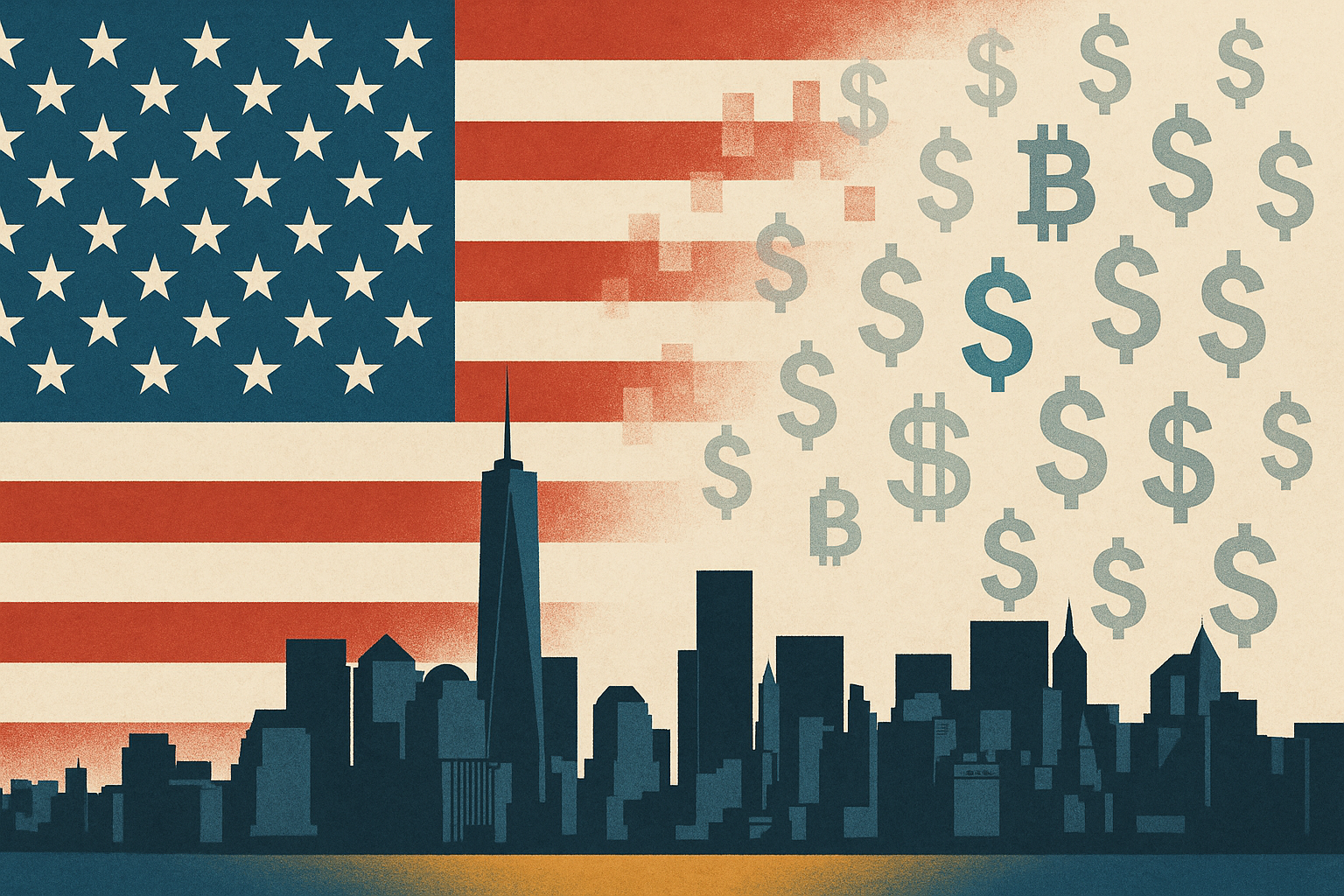Keir Starmer’s Labour government has been warned that its proposed clampdown on welfare spending risks reducing the UK’s economic output by over £38 billion annually, while simultaneously forcing more people into hardship and deepening strains on public services.
In a new report from anti-poverty charity the Trussell Trust, prepared by analysts at WPI Economics, the organisation cautioned that increasing poverty levels are not only a social crisis but also an economic liability. While Labour has repeatedly pledged that there will be no return to the austerity of the 2010s, recent welfare announcements have prompted alarm from campaigners and some Members of Parliament within its own ranks.
The report comes just ahead of the government’s anticipated child poverty strategy, expected by June, and amid growing controversy over the £5 billion in benefits savings announced by Chancellor Rachel Reeves as part of her Spring Budget. Among the most contentious policies is Labour’s decision, so far, to retain the two-child limit on Universal Credit and child tax credits—a policy originally introduced under the Conservative government in 2017. Campaigners argue this restriction is a leading driver of child poverty and are urging Labour to scrap it.
According to the Trussell Trust, as many as 9.3 million people across the UK—among them 3 million children—lived in conditions of ‘deep poverty’ during the year ending March 2023. This is defined by the Social Metrics Commission as incomes more than 25% below the poverty line, meaning affected families struggle daily to afford essentials such as food, housing, and energy.
The economic impact is profound. The report estimates that the UK misses out on £38.2 billion in potential output each year due to the effects of deep poverty, including reduced employment and lower productivity. This shortfall denies the Treasury around £18.4 billion in lost tax revenues. Additionally, the government is forced to spend around £5.3 billion more each year on welfare support, and a further £13.7 billion on overburdened public services such as the NHS, education, and social care.
Helen Barnard, Director of Policy, Research and Impact at the Trussell Trust, described the current approach as both morally concerning and economically shortsighted. “Slashing support for disabled people who most need our collective protection from hunger is cruel, irresponsible, and out of touch with what the public wants,” she warned. “Turning this tide would have huge benefits, not just to individuals, but for us all.”
The charity argues that scrapping the two-child limit alone would lift 670,000 people—including 470,000 children—out of material hardship, cutting costs to the public purse by more than £3 billion. Additionally, it is calling for the implementation of an “essentials guarantee” within Universal Credit, ensuring that the minimum level of support always covers the true cost of food, utilities and other necessities. This measure, it claims, could lift more than 2 million people out of deep poverty.
The Department for Work and Pensions issued a response defending the government’s welfare strategy: “We have set out a sweeping package of reforms to health and disability benefits that genuinely supports people back into work and lifts people out of poverty, while putting the welfare system on a more sustainable footing.”
However, policy experts and advocacy groups remain sceptical. The Joseph Rowntree Foundation has repeatedly emphasised that poverty limits social mobility and burdens critical public services. Similarly, the Institute for Fiscal Studies has warned that further welfare cuts could disproportionately impact families with children, exacerbating inequalities already made worse by inflation and the cost-of-living crisis.
The Trussell Trust, Britain’s leading food bank network, distributed nearly three million emergency food parcels in 2022–2023—more than ever before. Meanwhile, UN experts have previously criticised the UK’s social safety net, highlighting that government cuts and welfare caps are eroding human rights protections (UN Report on UK poverty, 2019).
As Labour seeks to sharpen its economic credentials while facing difficult fiscal decisions, the evidence suggests that cuts to benefits may not yield the intended savings—either economically or politically. With child poverty on the rise and productivity lagging behind G7 rivals, the stakes for getting welfare policy right have arguably never been higher.




